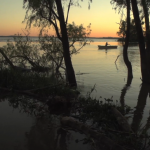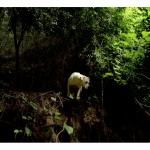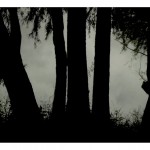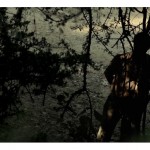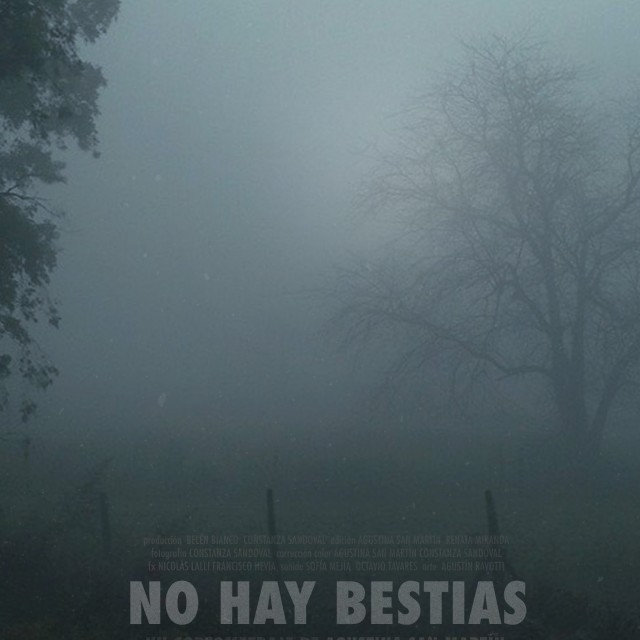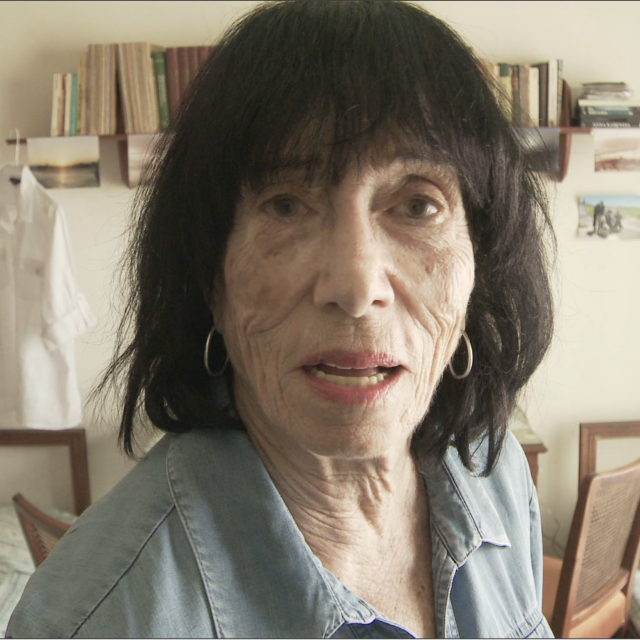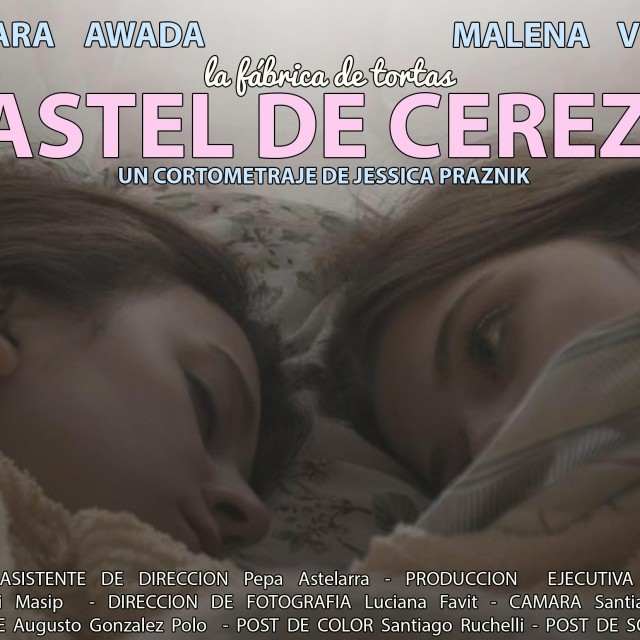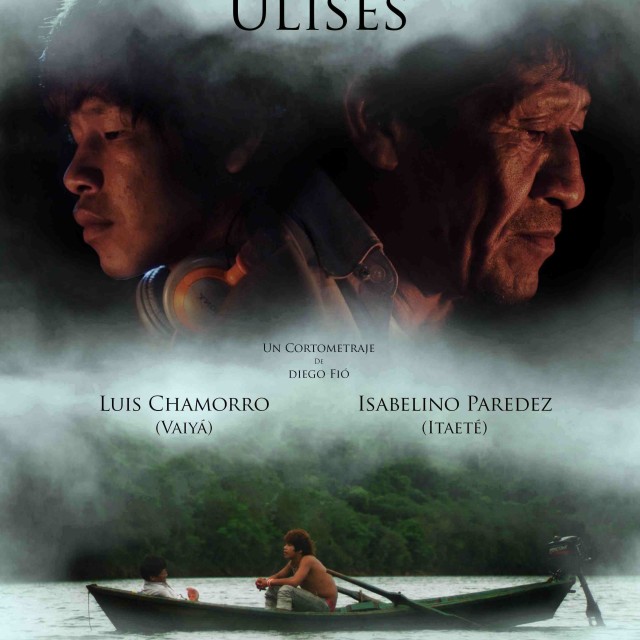The New Day
– Technical Information / Información Técnica:
(2016) – 01:04:00 – Argentina – HD – Colour – Documentary
– Synopsis / Sinopsis:
Maldonado lives in a farm at an island in the Parana River. He lived there his whole life, like his father and grandfather. One morning, after long years, his wife Celia and his daughter Victoria leave him. Maldonado comes back to the farm after spending the morning fishing and they are no longer there. Suddenly he finds himself all alone and not knowing what to do. Life in the island does not give you a break: you have to fish, light the fire, take care of the animals; the island demands. Maldonado doesn’t abandon his tasks, but a new frailty appears in his life.
Maldonado vive en un rancho en una isla del río Paraná. Allí vivió toda su vida, como su padre, como su abuelo. Una mañana, después de muchos años, su mujer, Celia, y su hija Victoria lo dejan. Maldonado regresa al rancho después de una mañana de pesca y ellas ya no están. De pronto se encuentra solo y sin saber qué hacer. La vida en la isla no da respiro: no se puede dejar de pescar, hacer fuego, atender los animales; la isla exige. Maldonado no abandona sus tareas, pero en su vida aparece una fragilidad nueva.
– Long Synopsis / Sinopsis Larga:
Maldonado lives in a farm at an island in the Parana River. He lived there his whole life, like his father and grandfather. One morning, after long years, his wife Celia and his daughter Victoria leave him. Maldonado comes back to the farm after spending the morning fishing and they are no longer there. Suddenly he finds himself all alone and not knowing what to do. Life in the island does not give you a break: you have to fish, light the fire, take care of the animals; the island demands. Maldonado doesn’t abandon his tasks, but a new frailty appears in his life. One day he finds out that Celia is upriver with another man and Maldonado stars plucking up his courage to go and get her. While he builds up his courage, life goes on. But still not in the same way; he has now a new vulnerability that can lead him to loose himself in time or even lead God to pay him a visit.
Maldonado vive en un rancho en una isla del río Paraná. Allí vivió toda su vida, como su padre, como su abuelo. Una mañana, después de muchos años, su mujer, Celia, y su hija Victoria lo dejan. Maldonado regresa al rancho después de una mañana de pesca y ellas ya no están. De pronto se encuentra solo y sin saber qué hacer. La vida en la isla no da respiro: no se puede dejar de pescar, hacer fuego, atender los animales; la isla exige. Maldonado no abandona sus tareas, pero en su vida aparece una fragilidad nueva. Un día se entera que Celia está río arriba con otro hombre y Maldonado comienza a tomar fuerzas para ir a buscarla. Mientras toma fuerzas, la vida continúa. Pero no de cualquier manera; hay ahora una nueva vulnerabilidad que lo atraviesa y lo puede llevar a perderse en el tiempo, o incluso a recibir la visita de Dios.
– Director´s Biography / Biografía del Director:
GUSTAVO FONTÁN
Gustavo Fontán earned several honors. Among them the Premio Konex for Documentary Cinema in 2011. He wrote and directed “El rostro” (The face, 2013) premiered at Rome Festival, and awarded as Best Director at BAFICI in 2012; “Elegía de abril” (April’s elegy, 2010); “La madre” (The mother, 2009); “La orilla que se abisma” (The plunging shore, 2008), a dialogue with Juan L. Ortiz poetics, screen played at BAFICI, Locarno Festival, Valdivia IFF, and Cuenca Film Festival where it was honored with Best Photography and Best Director awards. In 2009, he took part in Punto de vista Documentary Film Festival. “El árbol” (The tree, 2006) received two Premios Clarín nominations in 2007, Photography and New Actor. It was screened at Guadalajara IFF (México), Tribeca FF (New York), Valdivia IFF (Chile), Vancouver FF (Canada), Thessaloniki Festival (Greece) and BAFICI (Argentina), among others. “El limonero real” (The royal lemon tree) is his latest feature film.
Gustavo Fontán recibió numerosas distinciones. Entre ellas el Premio Konex, en la categoría de Cine Documental en el 2011. Escribió y dirigió: “El Rostro” (2013) estrenado en el Festival de Roma, BAFICI 2014 (Premio a la Mejor Dirección), FICUNAM; “La Casa” (2012), estrenado en BAFICI 2012; “Elegía de abril” (2010); “La madre” (2009); “La orilla que se abisma” (2008), diálogo con la poética de Juan L. Ortiz, que se ha presentado en el Bafici, Locarno, FIC Valdivia, y el Festival de Cuenca donde obtuvo el Premio a la Mejor Fotografía y a la Mejor Dirección. En el 2009, participó en Punto de vista, Festival de cine documental de Navarra, y en el Festival de Las Palmas. “El árbol” (2006) ha sido nominada a dos Premios Clarín 2007, en Fotografía y Actor Revelación. Fue presentada en los Festivales de Guadalajara (México), Tribeca (Nueva York), Valdivia (Chile), Vancouver (Canadá), Trieste (Italia), Thessaloniki (Grecia) y BAFICI, entre otros. El “limonero real”, es su último largometraje.
– Filmography / Filmografía:
El Limonero Real (2016)
El Rostro (2013)
La Casa (2012)
Elegía de Abril (2010)
La Madre (2009)
La Orilla que se Abisma (2008)
El Árbol (20016)
– Director Statement / Declaraciones del Director:
Maldonado, the protagonist of the film, is a survivor; he represents an almost extinct species. Maldonado, as his father and his grandfather is a fisherman of the Paraná River. To be a man on the island is an identity on its own. The islands are by nature lands loaded of certain precariousness: the flooding, always voracious, builds a memory and a risk. Nobody forgets about the past flooding, it left its traces everywhere and everybody fears the next one that may come. The island is an image of the before and after. And the present is a fragile stage between two pains. This consciousness prints on its inhabitants, the island people, a strange vitality. They live in the present, the sun and the fishing, the meetings and the wine, the bonfire and the silence, like a party and a farewell at the same time. “Black was coming from that side, it was a black thing that was coming… And I was rowing. And when I got there I felt like the trees were creaking, so I took hold of some trees and tied up the boat. And when I was tied up a big branch fells next to my boat. And then I thought: what am I doing here, what if the palometas eat me, what if I sink and the palometas eat me? So like that I unloosed me and I came back. And then I thought, I said to myself: what happened? When did the night fell? Because you couldn’t see a thing… I got lost in time.” That’s what Maldonado told us one afternoon. What I was interested in showing in this picture has its origin in that bond with nature, that state of extreme vulnerability.
Maldonado, el personaje de la película, es un superviviente, representante de una especie en extinción. Maldonado, como su abuelo, como su padre, es pescador del río Paraná. Ser hombre de isla es toda una identidad. Las islas son por naturaleza un espacio cargado de cierta precariedad: las crecientes, siempre voraces, construyen una memoria y un riesgo. Nadie olvida las crecientes pasadas, por todos lados hay huellas y nadie deja de temer a la creciente que puede sobrevenir. La isla es una imagen del antes y del después. Y el presente es un estadio frágil entre dos dolores. Esta conciencia imprime en sus habitantes, los isleños, una extraña vitalidad. Se vive el presente, el sol y la pesca, los encuentros y el vino, el fogón y los silencios, como una fiesta y una despedida al mismo tiempo. “Negro se venía de aquel lado, era una cosa negra que venía… Y yo iba a remo. Y cuando llegué sentí que los árboles crujían, y entonces me agarré de unos árboles y me até con el bote. Y cuando me até se rompe un gajo grande y cae al lado de mi bote. Y entonces yo pensé: ¿qué estoy haciendo acá, y si me comen las palometas, y si me hundo y me comen las palometas? Y agarré y me desaté y me vine. Y entonces yo pensé, digo entre mí: ¿qué pasó?, ¿cuándo se hizo de noche? Porque no se veía nada… Me perdí en el tiempo”. Eso nos contó Maldonado una tarde. Esa ligazón con la naturaleza, ese estado de vulnerabilidad extremo, está en el origen de lo que me interesó filmar en esta película.
– Overview / Ficha Técnica:
Produced by / Producido por: Insomnia Films, Tercera Orilla
Producer / Productor: Gustavo Fontán, Gustavo Schiaffino
Executive Producer / Productor Ejecutivo: Carolina Reynoso
Screenplay / Guión: Gustavo Fontán
Director / Dirección: Gustavo Fontán
Cinematographer and Camera / Dirección de Fotografía y Cámara: Luis Cámara
Edditing / Montaje: Mario Bocchicchio
Sound Director / Director de Sonido: Lucho Corti
Post-Production / Post-Producción de Imagen: Alejandro Nakano
– Cast / Elenco: Hombre: Héctor Maldonado; Niño: David Leonardo Palacio
– Festivals, Awards and Nominations / Festivales, Premios y Nominaciones:
– Links:
Facebook: www.facebook.com/eldianuevo/
Notas:



